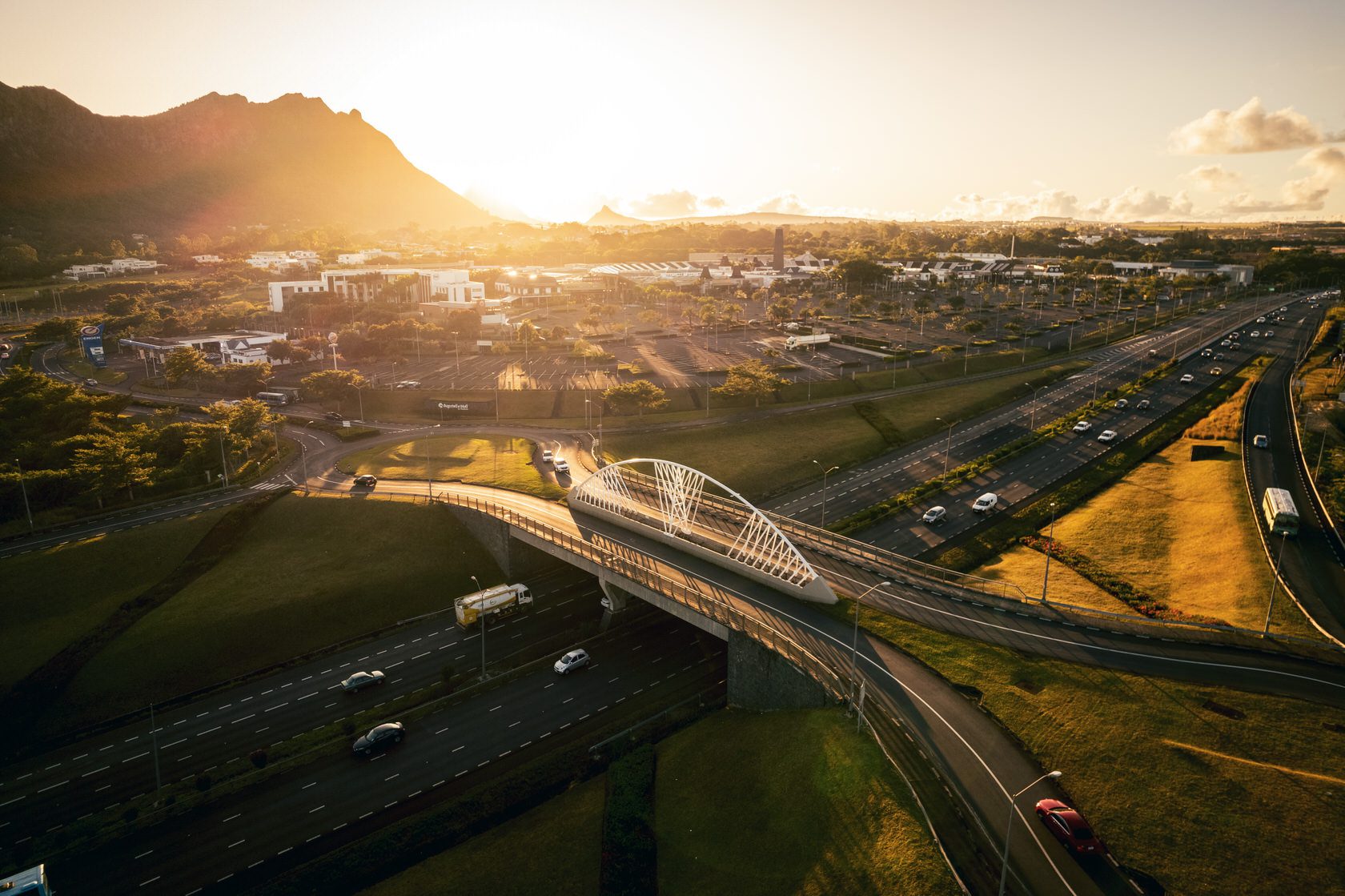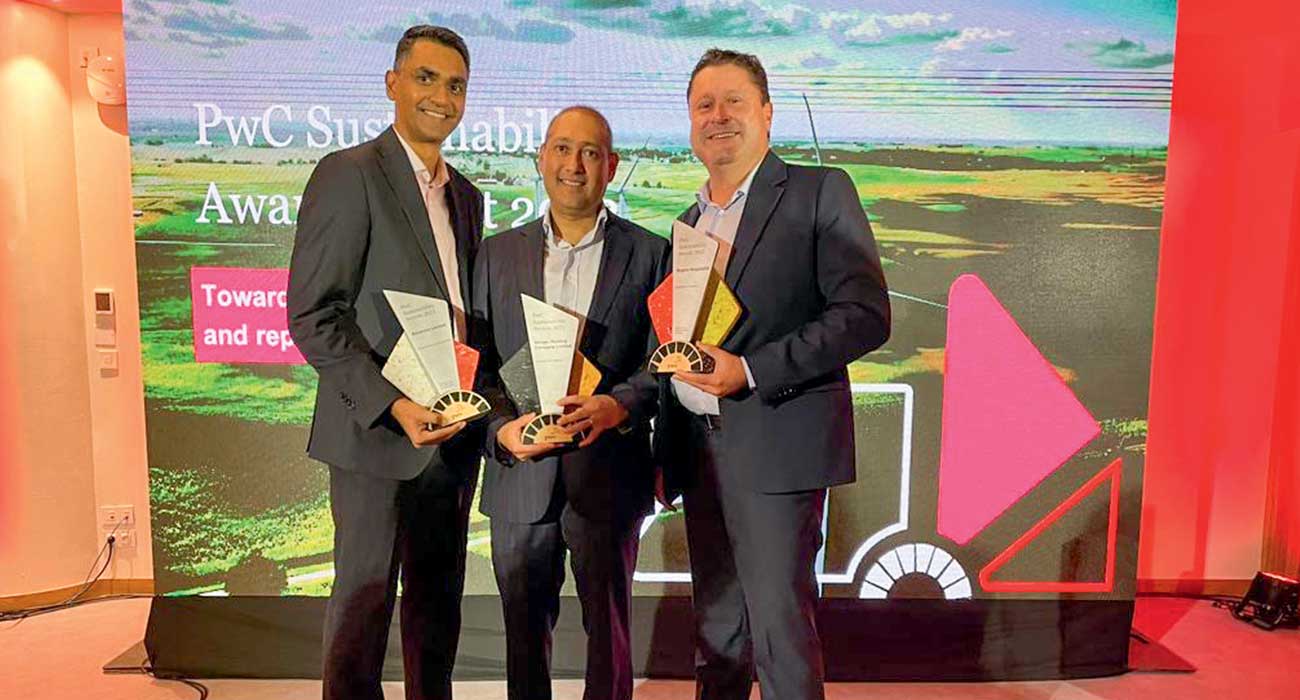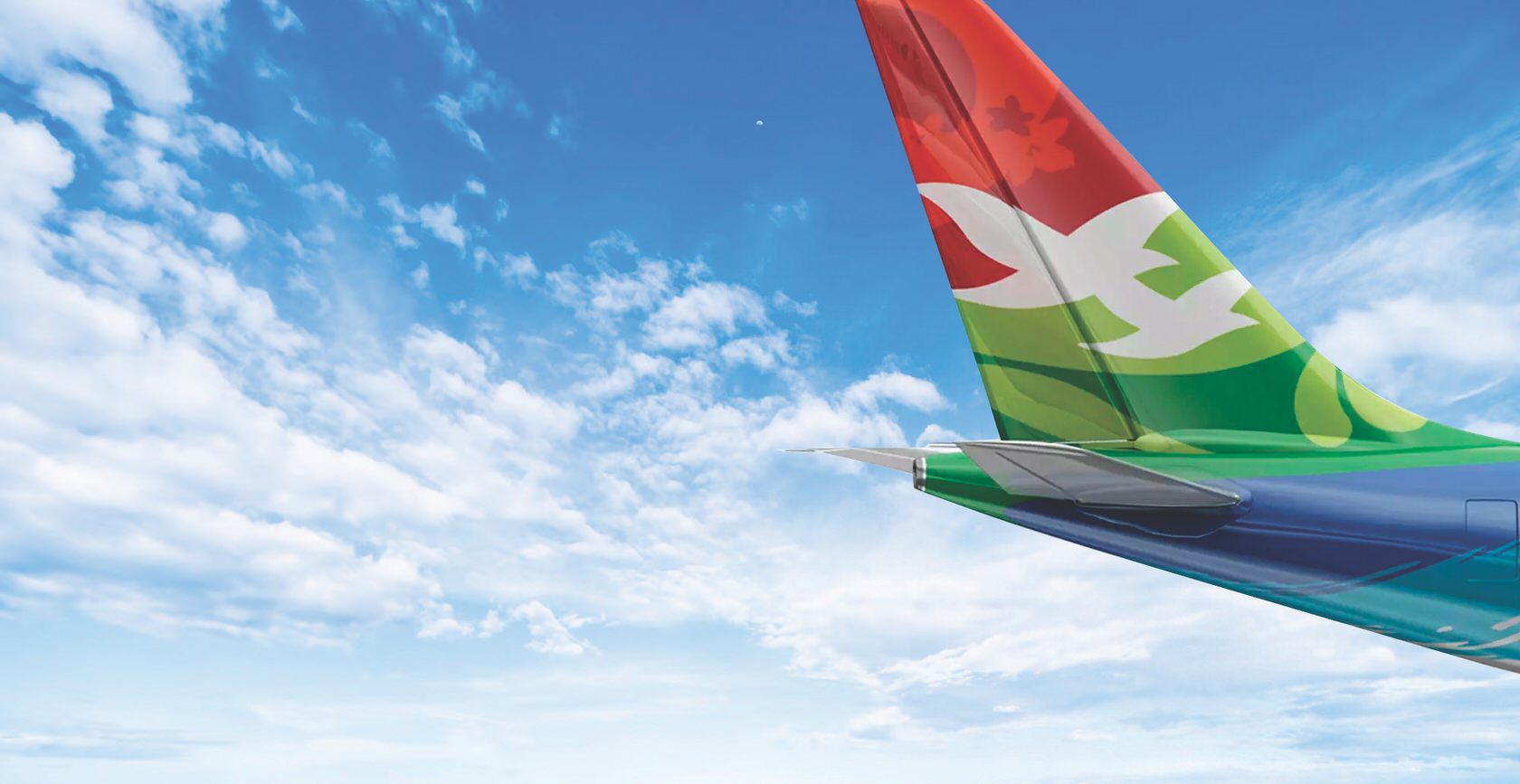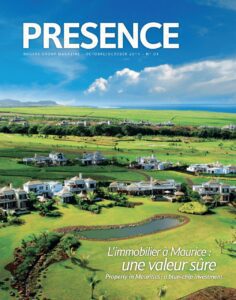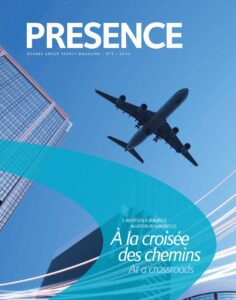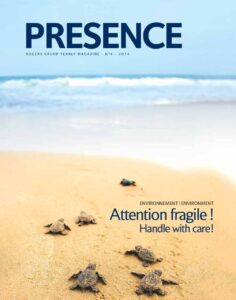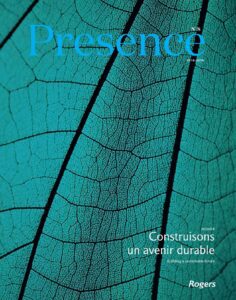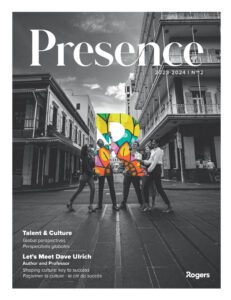Our previous issue focused on the importance of logistical services (including maritime transport and the port) in the movement of goods, essential for the smooth functioning of the Mauritian economy. In the same vein, we now turn our attention to another major sector, aviation. Contributions from industry professionals have provided us with certain landmark details and plenty of food for thought.
In just over half a century, commercial aviation has come to play a fundamental role in global economic development. Despite attractive features, this activity has not been an entirely successful long-term venture and the sector is currently in a transitional phase. The country’s remoteness renders even more crucial the whole business of external connectivity, and efficient air links have a major role as a driver of development. Mauritius has enjoyed considerable growth in tourism and aviation for more than fifty years. With an eye on the future, capacity is currently being increased. Airport and road infrastructures are undergoing improvement, and, although currently underutilised, plenty of quality tourist accommodation is available and there has been diversification in tourist attractions.
However, the number of airline seats has fallen by 7% since 2007 whilst, during the same period, room capacity has increased by some 30% but hotel occupancy rates fell by 14% from 76% in 2007 to 62% in 2012 and a forecast of 60% in 2013. Meanwhile, during this crisis period, the airline passenger load factor on several of our routes, including France, has reached some of the highest rates in the business. Moreover, there is general agreement that Mauritian tourism promotion has been using an outdated model for several years.
It is clear that there is a mismatch between room capacity and tourist arrivals. The national strategy for securing a maximum return on public and private investment is subject to debate. However, such an equation is basic in allowing tourism to make a maximum contribution to country GDP. It would be physically possible to welcome 500,000 additional visitors every year. That would result in a total of over four million room-nights, potentially contributing some Rs20 billion ( approximately ¤ 500 000 ) every year to the economy. How can this deficit in tourist arrivals be filled?
We need to start by broadening our understanding of the elements that are susceptible to generating an increased tourist flow. An in-depth study is more than ever necessary to gain clear insight into the factors that currently make Mauritius an attractive tourist destination, as well as a freight and passenger hub. Such a study could focus on elements like flight connections and frequencies, especially during peak periods, as well as the impact of airline pricing policies and various taxes.
Based on facts, might not the study enable us to resolve urgent matters, raise the tone of the debate, transcend vested interests and mobilise the various influential stakeholders to look for a real solution? In line with global economic trends, Mauritius needs to multiply its efforts, learn how to revisit its tourism product and protect its natural tropical advantages in a real way. We need to raise the quality of our tourism promotion efforts, conquer new markets and offer guests some fresh experiences. To do this, we need to allocate the necessary financial resources so that we can increase our connectivity and flight frequency with the rest of the world. Finally, we need to emerge as a leader in this modern era and stop living on our past success by cutting and pasting here and there.
Above all, it means defining an integrated strategy capable of meeting tourism imperatives – and going even further. An increase in airline seat capacity with the latest generation of aircraft (using 20 to 25% less fuel) flying to and from the island at a competitive price will undoubtedly emerge as an essential element – amongst many others. A price revision, taking into account the cost of flying to rival destinations, would lead to a growth in tourist arrivals by capturing a greater share of potential demand.
A suitable strategy to meet the country’s ambitions will need to meet a double objective of maintaining our aviation sovereignty and increasing traffic to the destination rapidly and over the long-term. For this,
a modification of Air Mauritius’ mandate and thereby its actual role could well turn out to be a life-saver for the country’s economy in more ways than one.
The economic spin-off from a determined application of the conclusions and recommendations of the study we are suggesting would be significant. Its effects would provide an essential contribution and a new boost to safeguarding jobs, the soundness of our economy and national growth.
Philippe Espitalier-Noël
Chief Executive Officer
Rogers & Co. Ltd



